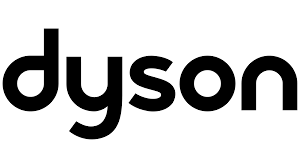He tried using a cyclone based system which would extract the dust without clogging
2/

AUSTRALIA: Country's billionaires are over 50% richer than they were this time last year, according to data from Bloomberg Billionaires Index.
— The Spectator Index (@spectatorindex) December 30, 2020
SAB has formed part of the fabric of SA for the last 125 years & we've stood behind the nation through its triumphs & challenges. After much consideration,SAB has decided to approach the Courts to challenge the Constitutionality of the decision taken to re-ban the sale of alcohol pic.twitter.com/40rWpJSW5b
— SABreweries (@SABreweries) January 6, 2021
"it doesn't affect me if companies pay low wages"
— Dan Price (@DanPriceSeattle) February 11, 2021
In reality, you're paying for it. Over 50% of people on food stamps are actively working. The leading employers are Walmart, McDonald's and Amazon.
As taxpayers, you're subsidizing corporations to pay literal poverty wages.
I am quite different from your style. I follow the market's volatility very closely. I have mock positions in 7-8 different strategies which allows me to stay connected. Whichever gives best profit is usually the one i trade in.
— Sarang Sood (@SarangSood) August 13, 2019
Anilji most of the time these days Theta only falls when market moves. So the Theta actually falls where market has moved to, not where our position was in the first place. By shifting we can come close to capturing the Theta fall but not always.
— Sarang Sood (@SarangSood) June 24, 2019
This week has been great so far. The main aim is to be in the right side of the volatility, rest the market will reward.
— Sarang Sood (@SarangSood) July 3, 2019
There is a difference between theta decay & fall in vega. Decay is certain but there is no guaranteed profit as delta moves can increase cost. Fall in vega on the other hand is backed by a powerful force that sells options and gives handsome returns. Our job is to identify them.
— Sarang Sood (@SarangSood) February 12, 2020